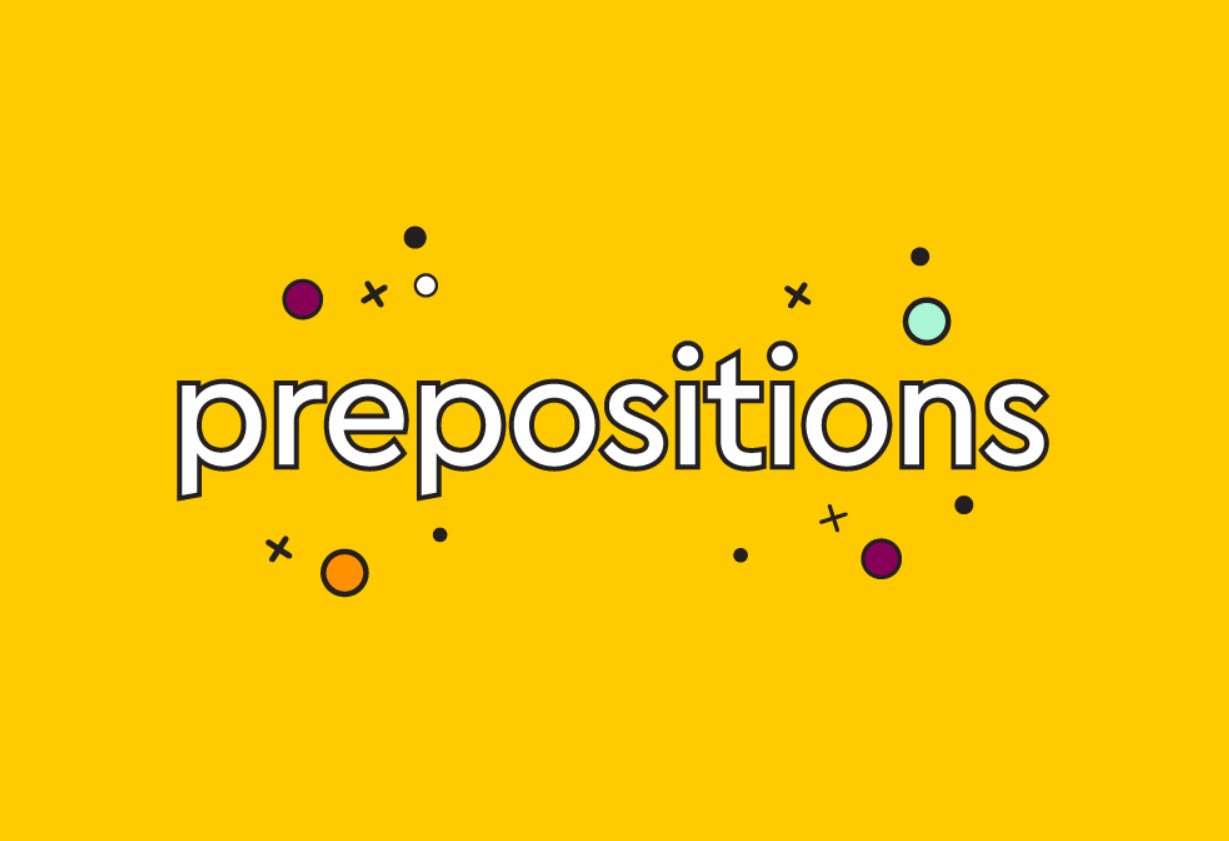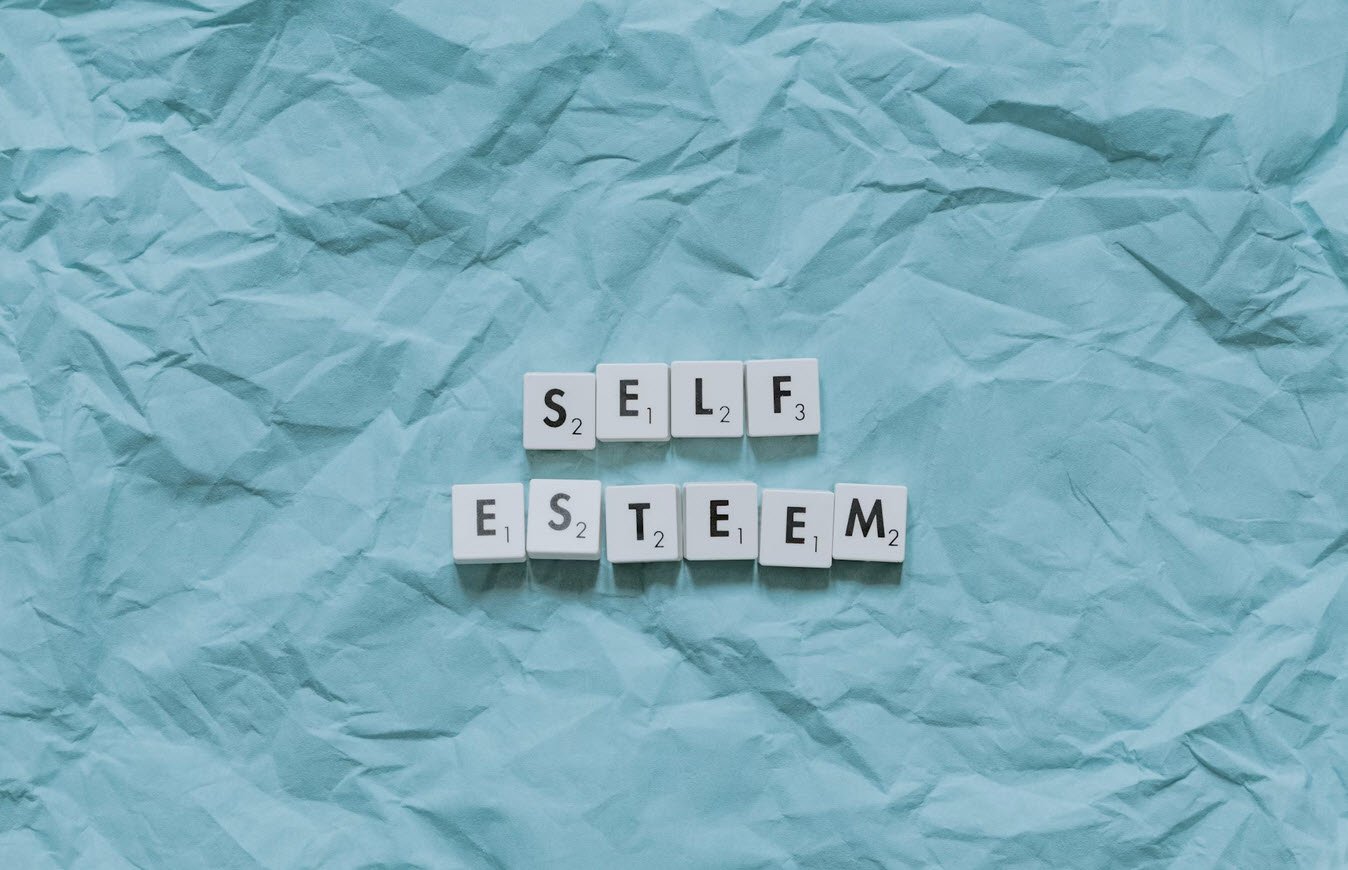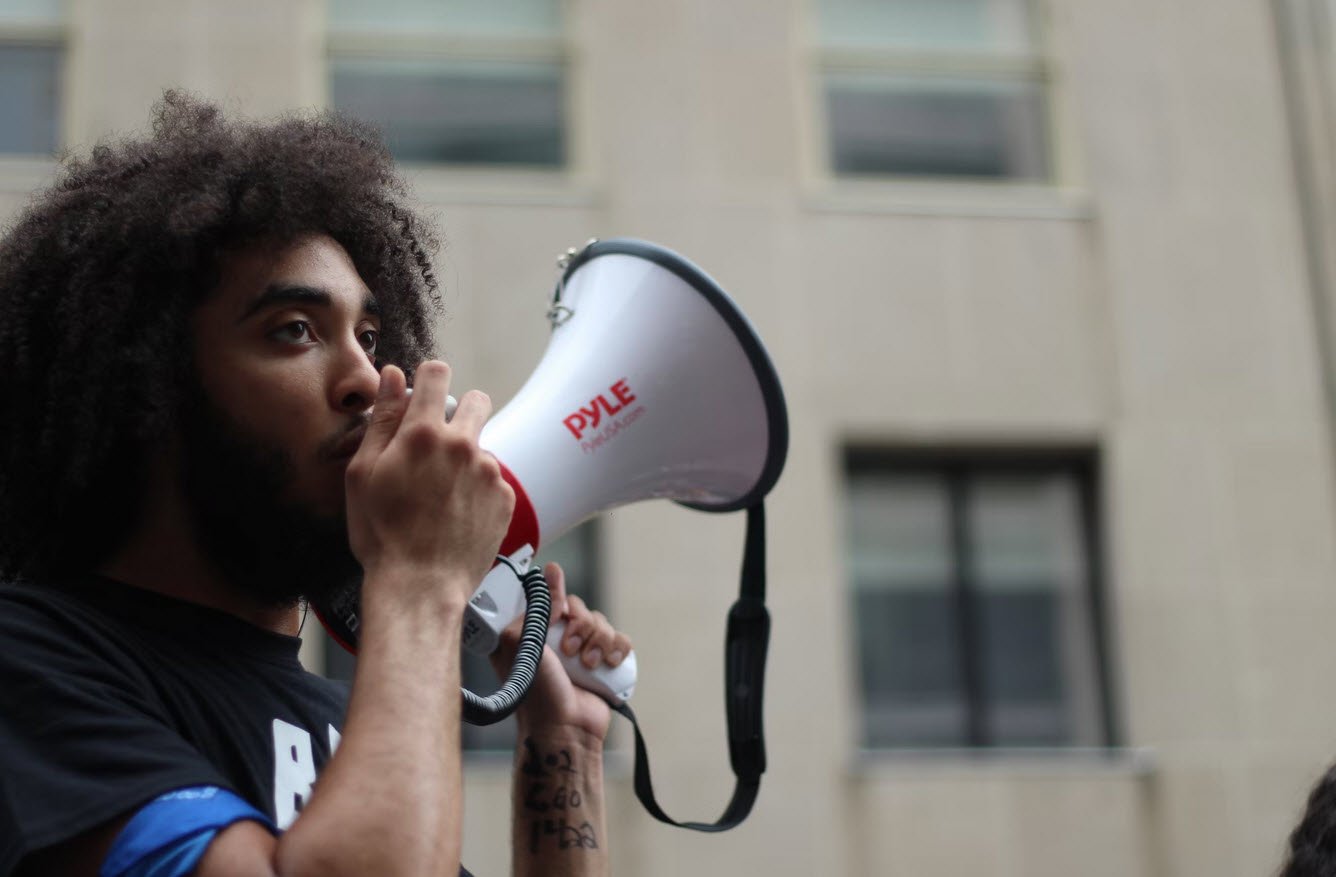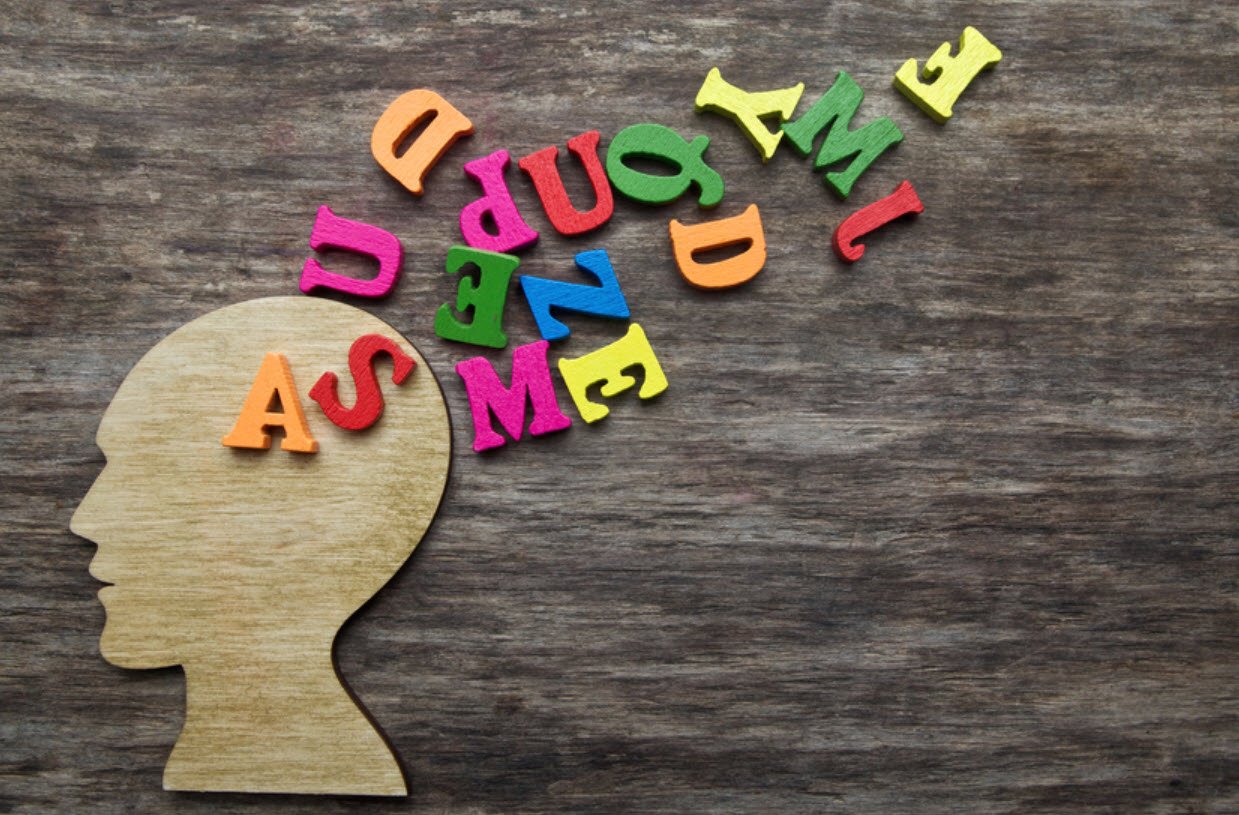
Money is an essential aspect of modern life, serving as a medium of exchange, a unit of account, and a store of value. Understanding the basic terminology associated with money is crucial for managing personal finances, engaging in economic activities, and navigating the global economy.
Let’s explore some fundamental exercises related to money and finance.
Exercise 1 -Put the Correct Word
1. In the USA, “quarters” (25 cents) and “dimes” (10 cents) are types of _______________.
2. In the United Kingdom, “a tenner” means a ten pound _______________.
3. The US dollar, the Yen and the Euro are types of _______________.
4. Hundred dollar bills and twenty pound notes are _______________.
5. 2,000,000 Swiss francs is a large _______________ of money.
6. I need to _______________ some Euros into Australian dollars.
7. My friend _______________ a hundred pounds from me.
8. I _______________ a hundred pounds to my friend. When she can, she’ll pay me _______________
9. I buy a lottery ticket every week, but I never _______________ anything.
10. Most dentists _______________ at least £30,000 a year.
11. __________ are paid to employees weekly. _______________ are paid to employees monthly.
12. In business, you have to _______________ money to make money.
13. A: Do you have a bank _______________? B: Yes. I bank with the Bank of Scotland.
14. In my opinion, eating in expensive restaurants is a _______________ of money.
Correct Answers: –
- coin
- note
- currency
- banknotes
- sum
- change
- borrowed
- lent / back
- win
- earn
- wages / salaries
- spend
- account
- waste
Exercise 2 – Choose the correct word.
1. Spain now uses the euro. Pesetas are no longer ____________.
a. good money
b. legal money
c. legal tender
2. I bought a TV which doesn’t work. I’ll take it back to the shop to get ___________.
a. my money returned
b. a refund
c. a repayment
3. In a shop, to get a refund, you usually have to show the ___________.
a. receipt
b. recipe
c. payment ticket
4. I’m paying for my new car in 36 monthly __________.
a. installments
b. pieces
c. parts
5. I earn a lot of money, but I have a lot of _________.
a. payouts
b. expenses
c. paying
6. Famous paintings are usually sold by __________.
a. bid
b. highest price
c. auction
7. In an auction, the item is sold to the person who makes the highest __________.
a. bid
b. price
c. offer
8. In Japan, the US dollar is __________ .
a. foreign money
b. strange money
c. a foreign currency
9. In Britain, it’s not usual to discuss your personal __________
a. money
b. finances
c. money arrangements
10. You can _________ a house and __________ a car.
a. hire / rent
b. hire / hire
c. rent / rent or hire
11. Here’s the fifty dollars I __________.
a. owe you
b. pay you back
c. must return
12. The best things in life are __________.
a. free
b. not for sale
c. not bought and sold
Correct Answers:
- c
- b
- a
- a
- b
- c
- a
- c
- b
- c
- a
- a
- 200 Essential Questions for Practicing One-Word Prepositions (With Answers)
- Understanding Nouns – The Five Types and Their Uses
- Top 9 Essential Tips To Help You Speak Clearly and Confidently
- Commonly Confused Words – A Guide to Clarifying Misused Terms
- Similar Words with Different Meanings – A Guide to Avoiding Common Confusion
- Learning French Nouns in Foreign Language Training
- How to Understand Basic Spanish – A Beginner’s Guide
- An Idiomatic Approach to Workplace Language – Solve the Exercise
- Mastering Prepositions – Practical Sentence Completion Exercise
- Mastering Common UK Abbreviations – A Practical Exercise









This Post Has One Comment